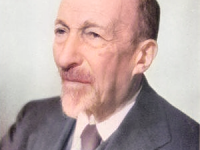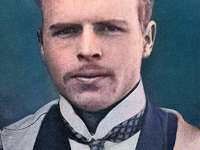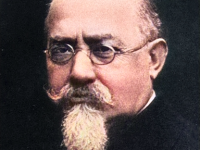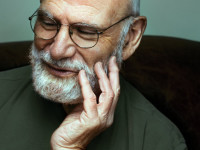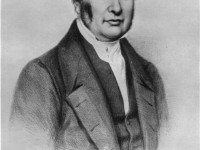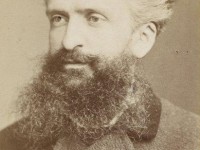William Grey Walter and his Machina speculatrix
On February 19, 1910, British neurophysiologist and robotician William Grey Walter was born. Walter is best known for linking learning with a particular brain wave as revealed by measurements by electroencephalograph. But his most famous work was his construction of some of the first electronic autonomous robots. “The mechanism of learning is of course one of the most enthralling and baffling mysteries in the field of biology.” – William Grey Walter, A machine that…
Read more


